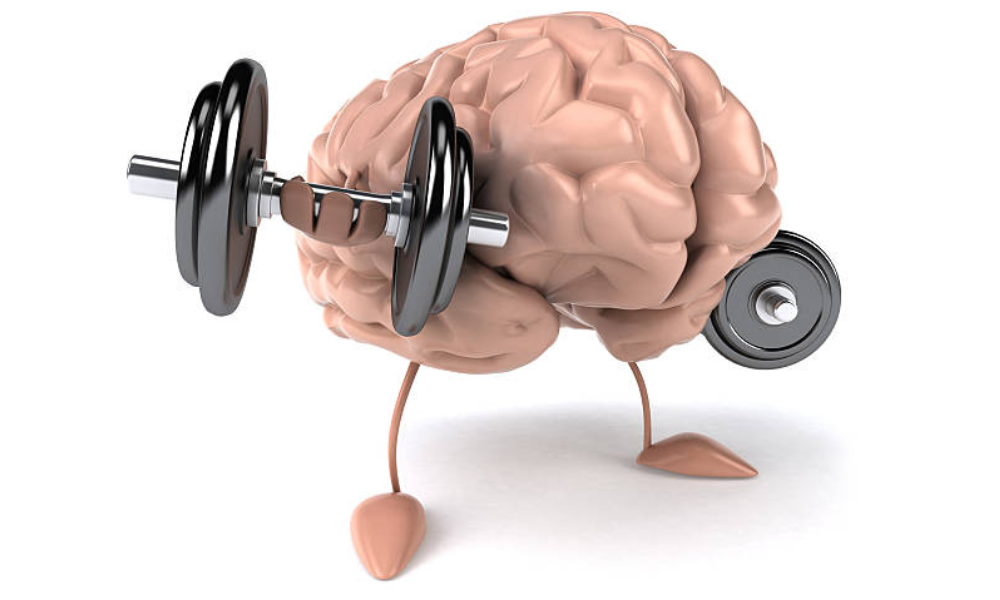Tips to enhance mental resilience among workers


Mental health has been receiving a lot of focus over the past few years and has accelerated in the post pandemic era. From stress management workshops to employee assistance programs, many organizations are making significant efforts to support the mental well-being of their employees. One emerging trend that is part of this consideration is the concept of mental fitness and it has some experts saying that it might have more relevance to the workplace context versus a generic focus on employee mental health.
What is mental fitness?
Mental fitness and mental health are two terms that may sometimes be used interchangeably, but they often refer to different aspects of our well-being. Mental health is generally a broad term that encompasses many aspects of our psychological well-being, including our ability to manage stress, maintain positive relationships, cope with challenging situations, and engaging in meaningful activities. It can be influenced by a wide range of factors such as environment, genetics, experiences, and lifestyle.
On the other hand, mental fitness can be defined as a state of mind in which you can effectively manage your behaviours, emotions, and thoughts. Some of the key components of mental fitness include memory, attention, focus, creativity, and emotional regulation. Just as we can improve our physical fitness through exercise and healthy habits, we can also improve our mental fitness through a range of activities. Managing mental health may involve seeking treatment for conditions like depression, anxiety, bipolar disorder, and other mental illnesses, while mental fitness focuses more on activities like meditation, mindfulness, and resilience development to improve our cognitive and emotional functioning. Mental fitness is generally about learning to manage your thoughts and emotions rather than letting them manage you.
The workplace context
In the workplace, mental health and mental fitness are both important for employee well-being and organizational success. Mental health issues, such as depression and anxiety, can impact an employee's ability to perform their job effectively, resulting in decreased productivity, absenteeism, and even turnover. In contrast, employees with high levels of mental fitness are more likely to be engaged, creative, and productive, which can lead to positive outcomes for the organization, such as increased innovation and better business results.
Focusing on the mental fitness of employees can also reduce unsafe behaviors in the workplace through improved decision making, improved communication & teamwork, better stress management and increased awareness and attention to detail.
Where do we go from here?
Both mental fitness and mental health management are critical components of a healthy and safe workplace. Deciding whether to focus broadly on mental health or implementing a more focused approach around mental fitness comes down to really understanding the needs of the workforce and what creates the most return of value. By making this a priority for employees, leaders can create a culture of support, engagement, and productivity that benefits everyone in the workplace.
Nikhil Rattan leads the EHS program for Best Buy Canada. He holds a Bachelors’ Degree in Electrical Engineering from Purdue University and additional educational credentials in Human Resources and Health and Safety from the University of Toronto. He is a Canadian Registered Safety Professional (CRSP), Certified Human Resources Leader (CHRL) and a certified practitioner in Environmental Social Governance (ESG).





